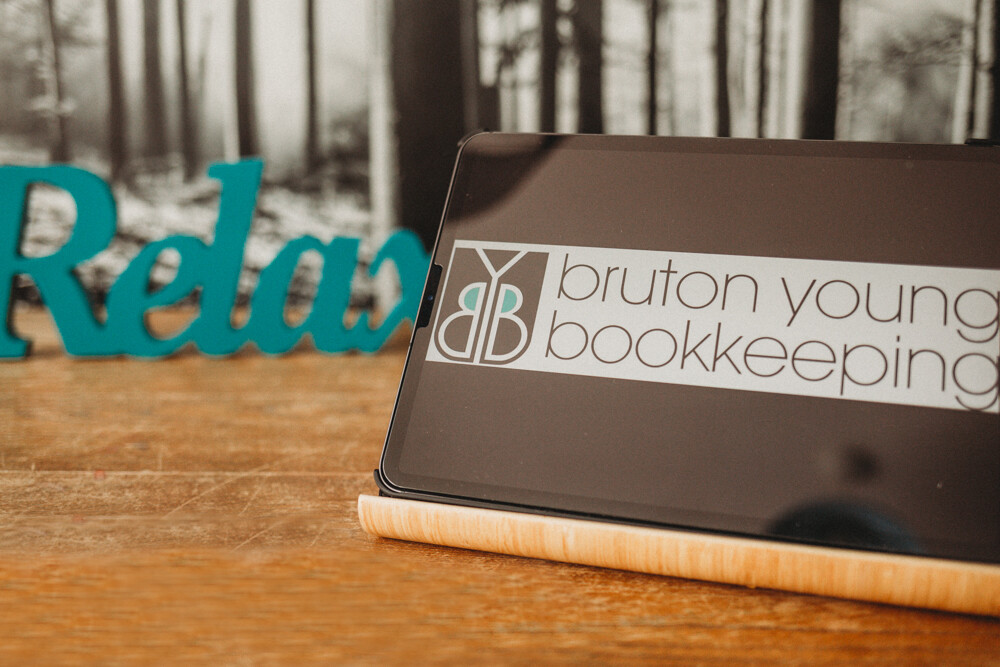This has got to be one of the most dreaded scenarios to face as a small business owner. It’s something that could happen to anyone, at any time and it brings with it mountains of stress. Sounds like a nightmare, right? An investigation from Her Majesty's Revenue and Customs is something that you hope (& pray!) that you don’t have to face but the reality is that you should be prepared for it, because it could happen.
There could be any number of reasons why HMRC start to look at your accounts and launch an investigation. They could be tipped off, your returns might include huge mistakes on a frequent basis, your paperwork might even show no profit over a number of years. They might think that you’re excluding income, there are fluctuations in your figures or said figures are wildly different to other businesses in your industry. It’s even been suggested (though not confirmed) that HMRC are more likely to look at those who do not use accountants to prepare their documents.
If an investigation is triggered, HMRC might want to look at a various documents and they’ll contact you or your accountant in order to get evidence and information. This might include but is not limited to your books, including the tax calculations you have (or perhaps have not) made, PAYE records (if applicable to your business), self-assessment records, annual returns and information on any taxes you have paid. Depending on their assumptions and concerns, they may look at more or less in order to figure out what is going on.
That said, there are two main types of enquiry that HMRC might want to launch, depending on their concerns and uncertainty. The first of these is a full enquiry, which is when HMRC thinks that there is a high risk of errors on your returns and tax evasion may have taken place. In this case they will look through your entire records and they might even delve into the personal records of directors.
Alternatively, an aspect enquiry is when HMRC are troubled by something more specific. This enquiry is usually more associated with honest mistakes.
We should probably look at what actually happens during a HMRC visit. Firstly they must tell you in advance what they want to discuss. You are entitled to ask for a written agenda before you meet and they must stick to said agenda. There are rules that they must stick to as well, whether they visit you at home, your accountants office or your business premises. They might even ask you to visit them, which you don’t have to do, but it is obviously seen in a positive light if you are willing to cooperate. As with any investigation, you must give correct information and answer questions according to the best of your knowledge.
HMRC will contact you to detail the outcome of their findings. Depending on what they discover you could be given time to change any honest mistakes or if they believe you’ve intentionally been fraudulent, you could face penalties or even prosecution. If this was to happen you should most definitely seek legal advice. With that said, there are policies available called business legal protection insurance which often cover tax investigation. As well as being a nightmare and ridiculously time consuming, investigations can be expensive so whilst it won’t be right for everyone, it might be something to look into.
If HMRC do get in touch wanting to launch an investigation, try not to get stressed. Mistakes happen, from both sides and if you have done nothing wrong, there is nothing to worry about.


